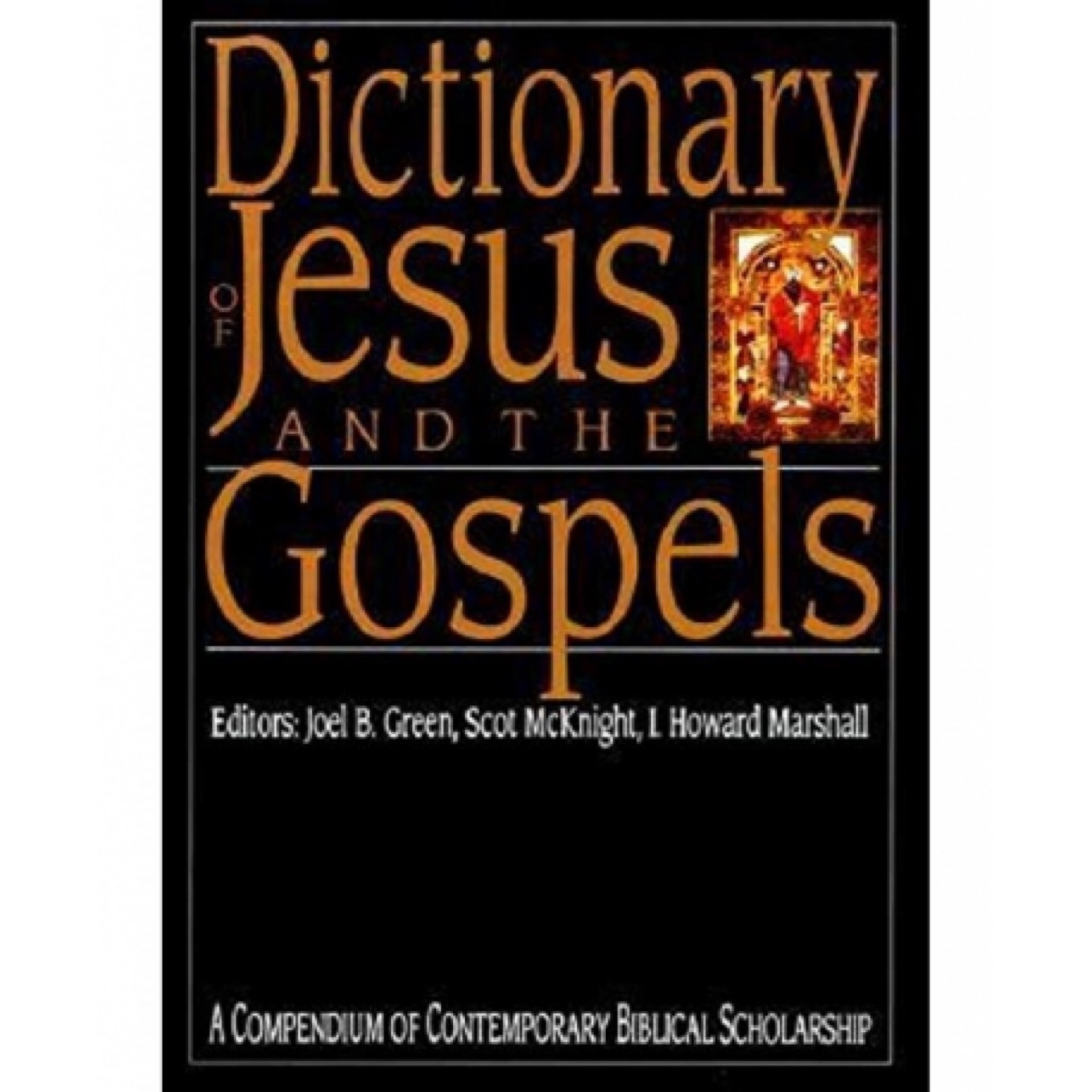DICTIONARY OF JESUS AND THE GOSPELS
Summary of “Dictionary of Jesus and the Gospels”
The “Dictionary of Jesus and the Gospels”, edited by Joel B. Green, Scot McKnight, and I. Howard Marshall, is a comprehensive reference work that provides in-depth analysis of Jesus, His teachings, and the Gospels. It is designed for students, pastors, scholars, and anyone seeking a deeper understanding of the life of Jesus and the historical context of the Gospels.
⸻
1. Purpose and Structure of the Dictionary
• The book provides scholarly yet accessible discussions on the historical, theological, literary, and cultural dimensions of Jesus and the Gospels.
• It includes entries on key people, places, events, theological themes, and scholarly methodologies related to Jesus and the four Gospels (Matthew, Mark, Luke, and John).
• The dictionary contains cross-references, bibliographies, and up-to-date research to support deeper study.
⸻
2. Key Themes Covered in the Dictionary
a) The Historical Jesus and Gospel Scholarship
• Explores how historical and textual research has shaped our understanding of Jesus’ life and ministry.
• Discusses various scholarly approaches, such as historical-critical methods, form criticism, and redaction criticism.
b) Jesus’ Life, Teachings, and Ministry
• Covers key events such as His birth, baptism, miracles, parables, crucifixion, and resurrection.
• Examines Jesus’ Jewish background, His role as a teacher (rabbi), and His relationship with the religious and political authorities of His time.
c) Theological Concepts in the Gospels
• Analyzes Jesus’ teachings on the Kingdom of God, salvation, discipleship, faith, and righteousness.
• Explores Christological themes, including Jesus as the Son of God, the Son of Man, and the Messiah.
d) The Social and Cultural Background of the Gospels
• Provides insights into first-century Jewish and Greco-Roman society.
• Discusses the role of Pharisees, Sadducees, Essenes, and Zealots, and their interactions with Jesus.
⸻
3. Importance of the Dictionary
• Bridges the gap between academic research and practical biblical study, making it useful for both scholars and pastors.
• Clarifies theological debates and historical uncertainties surrounding Jesus and the Gospels.
• Provides well-documented and balanced perspectives from leading evangelical scholars.
⸻
Conclusion
The “Dictionary of Jesus and the Gospels” is an essential reference for understanding the life and message of Jesus. It offers a comprehensive and scholarly approach to studying the Gospels within their historical and theological context. Whether for academic study, sermon preparation, or personal enrichment, this dictionary serves as a valuable resource for exploring the significance of Jesus and His teachings.
